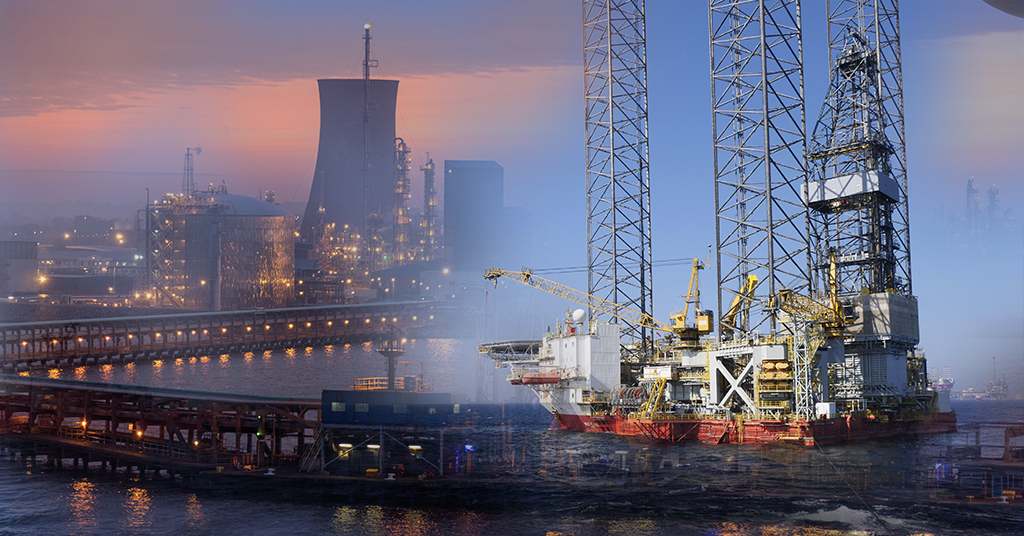Welcome To ChemAnalyst

Hamburg, Germany: For the past few weeks, Phenol prices have continuously declined in the European market. Sluggish procurement from the downstream Bisphenol A industries has been responsible for the successive price reductions in the upstream raw material, Phenol. The underperforming manufacturing sectors have led to a contraction in production activities across the country. This narrowing in Germany has posed challenges for the European Central Bank to control inflation, which remains above its target of 2%. In order to address the situation, the European Central Bank has been increasing interest rates to moderate demand and reduce prices.
As per the observed market scenario, the higher levels of Phenol stocks have increased the supply-side pressure in the domestic region. As a result, the manufacturers have limited the production rate to avoid stockpiling the product as the downstream demand remained subdued. In May 2023, the manufacturing purchasing manager index demonstrated a declination and settled at 43.2, down from 44.5. The ChemAnalyst data has shown that the Phenol prices have decreased by double-digit figures, which is approximately 18% on the week ending of 23rd June 2023, as compared to the prices assessed in the first week of Q2-2023. In addition, as per the Q1 financial result released by one of the manufacturers of Phenol, Bayer AG, the net income has plummeted by double-digit figures, nearly 34% the Q1-end on a year-on-year basis.
On the other hand, regarding input energy materials, following Russia's invasion of Ukraine last year, Germany is seeking to end its dependence on Russian pipeline gas and expand its LNG import capacity. A mild winter and restricted demand from downstream industries caused TTF natural gas prices in the European region to fall to 32.59 MWh last week, easing pressure on Phenol production costs. Furthermore, according to the Organisation for Economic Co-operation and Development, Labor productivity in Germany has also stagnated in recent years. It has risen less than 2% since 2015, compared to 8% in the same period in the US, exacerbating the market concerns of major Petrochemical industries.
According to the pricing intelligence of ChemAnalyst, the prices of Phenol are likely to witness a downtrend in the European market in the wake of lackluster demand from the downstream Bisphenol A industries. Despite the tight monetary policies by European Central Bank, inflation will not likely dissipate soon in the near term and will continue to pressure the market sentiments of Phenol among the manufacturers.
We use cookies to deliver the best possible experience on our website. To learn more, visit our Privacy Policy. By continuing to use this site or by closing this box, you consent to our use of cookies. More info.
